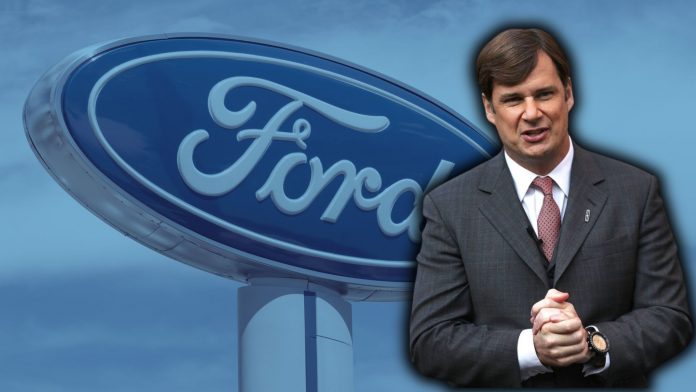Ford CEO Jim Farley is determined to make electric vehicles (EVs) affordable and profitable, reminiscent of Henry Ford’s Model T. Inspired by China’s successful EV strategy, Farley envisions Ford competing with top-tier manufacturers like BYD.
Farley asserts that Ford’s upcoming generation of EVs will be both profitable and accessible for most Americans. He acknowledges the current industry leaders, particularly from China, and aims to replicate their success in the U.S. market. In an interview with Yahoo Finance, Farley revealed that Ford has been “secretly” developing a smaller EV platform to produce more affordable models. This shift includes delaying the launch of a larger, electric three-row SUV in favor of these smaller options.
To achieve this, Ford has assembled a specialized team of top EV engineers, including talent from Tesla and Apple. This “skunk works team” is tasked with creating a new approach to EV production, focusing on smaller batteries with different chemistries to reduce costs. Farley emphasized the need for innovation, citing the high expense and weight of traditional NCM batteries containing cobalt, lithium, and nickel. For instance, the battery for the F-150 Lightning can cost between $30,000 to $40,000.
In response to these challenges, Ford is investing in lower-cost battery technology at its Marshall, Michigan plant. Partnering with global battery leader CATL, Ford aims to leverage intellectual property and manufacturing expertise to produce these batteries domestically. Farley claims Ford will be the first to offer these cost-effective batteries to U.S. customers.
Despite Ford’s ambitious plans, the company is also adjusting its strategy due to slower-than-expected EV demand. This includes a greater emphasis on hybrid vehicles, reminiscent of Ford’s brand rejuvenation in the 1980s and 1990s.
Ford’s collaboration with Tesla has also been a focal point. After integrating the Tesla Supercharger network earlier this year, Ford has received about 100,000 applications for NACS adaptors, with a few thousand already shipped. Farley appreciates the partnership with Tesla, noting a mutual respect between the two leading EV manufacturers in the U.S. However, Farley remains focused on the competition, stating that the relationship, while positive, is still competitive.
Farley remains optimistic about Ford’s future in the EV market, emphasizing the importance of innovation, strategic partnerships, and a relentless focus on affordability and profitability.





